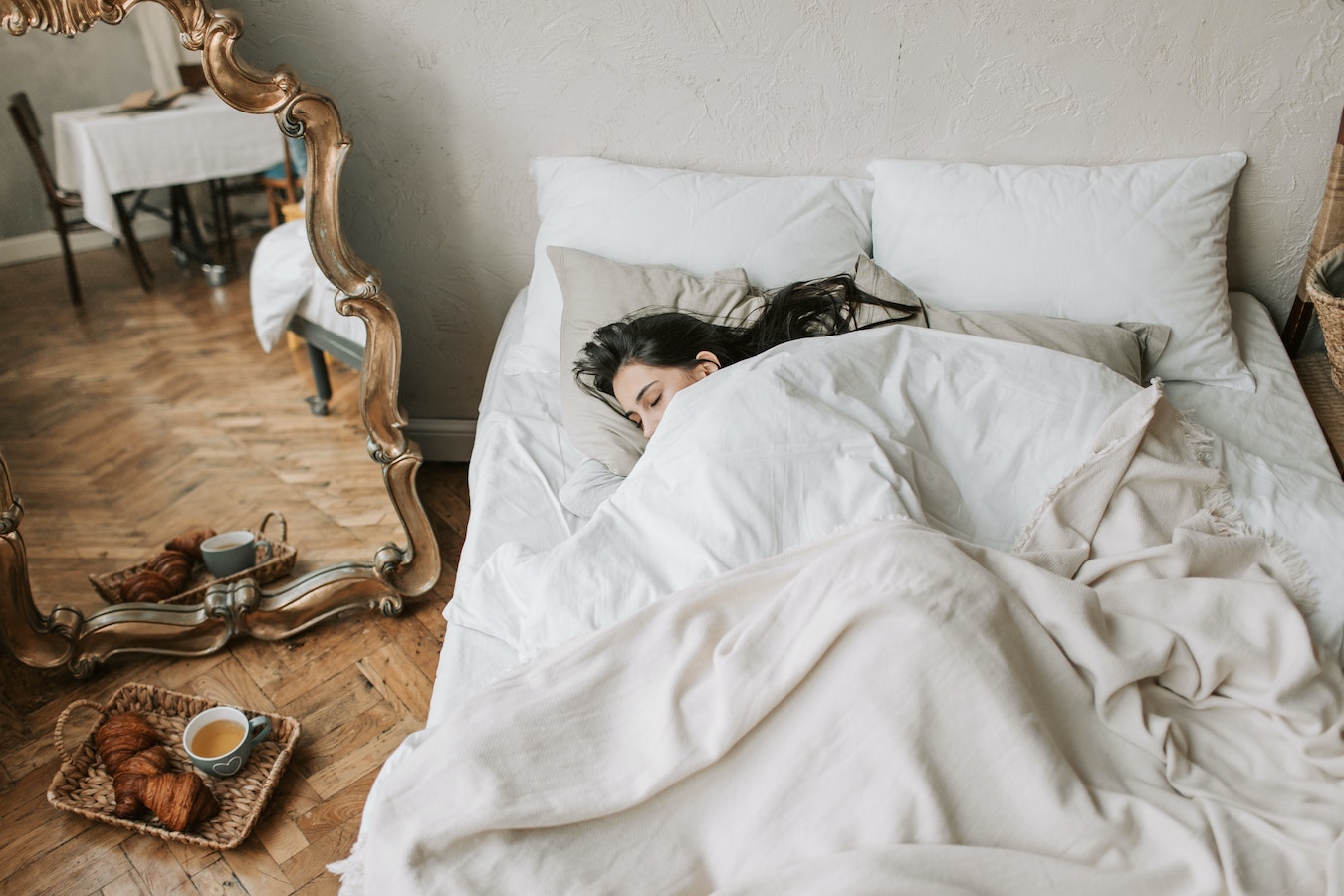

May 31, 2021 | Categories: Health, Sleep
Have you ever had a terrible few days of sleep and then found yourself fighting a cold or illness soon after? If so, you learned firsthand how essential sleep is to your immune system and what can happen when you don’t get the rest your body needs. Your body needs sleep to help stay in fighting shape to ward off infectious diseases. (Related: 4 Surprising Health Benefits of A Good Night’s Sleep)
The reason a lack of sleep weakens immunity is because you’re increasing organisms’ susceptibility to infection. The relationship between the body’s immune-endocrine system and sleep is considered bidirectional, according to an article published in the Journal of Immunology Research. Simply put, when you’re not getting enough sleep it can alter your immune response. When you get good quality sleep and log the hours your body needs, the stronger your immune system can be.
When you’re sick with a viral, bacterial or parasitic infection, you’re more likely to experience sleep disturbances because foreign pathogens can alter the brain systems that get you ready for sleep and wreak havoc on your quality of sleep.
Your body uses a lot of energy to fight a virus and eliminate pathogens by kicking your immune system into high gear. That means it has less energy for other body processes. Getting more sleep when you’re sick is paramount to heal your body and conserve energy for that fight against intruders.
Sleep is an essential component of building up your body’s immune system and making sure it’s operating at full capacity. When your body is running on a depleted sleep bank, you’re more likely to get sick because those germ-fighting cell soldiers aren’t operating at 100 percent. In addition, the antibodies and cells that battle infections and help you stay healthy aren’t being produced as frequently when you’re sleep-deprived.
When you’re not getting enough sleep, you’re putting yourself at a higher risk of catching a cold or virus. One study in the journal, SLEEP, found that subjects who self-reported shorter sleep duration in their sleep diaries were more susceptible to develop a cold when exposed to a virus as part of the study. The study participants that slept fewer than 5 hours a night or between 5 and 6 hours were at a higher risk of developing a cold than those who slept more than 7 hours a night.
Read the full article on Philips.
Leave a Reply